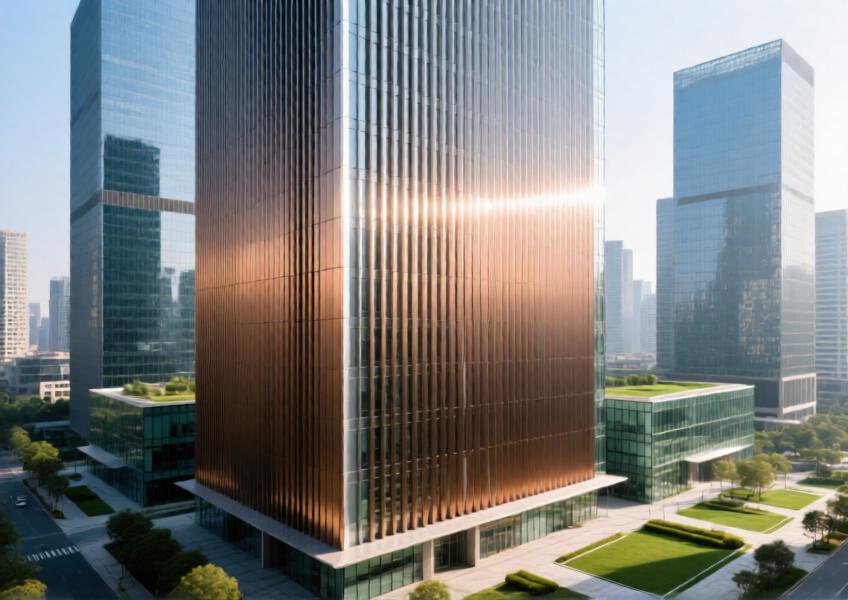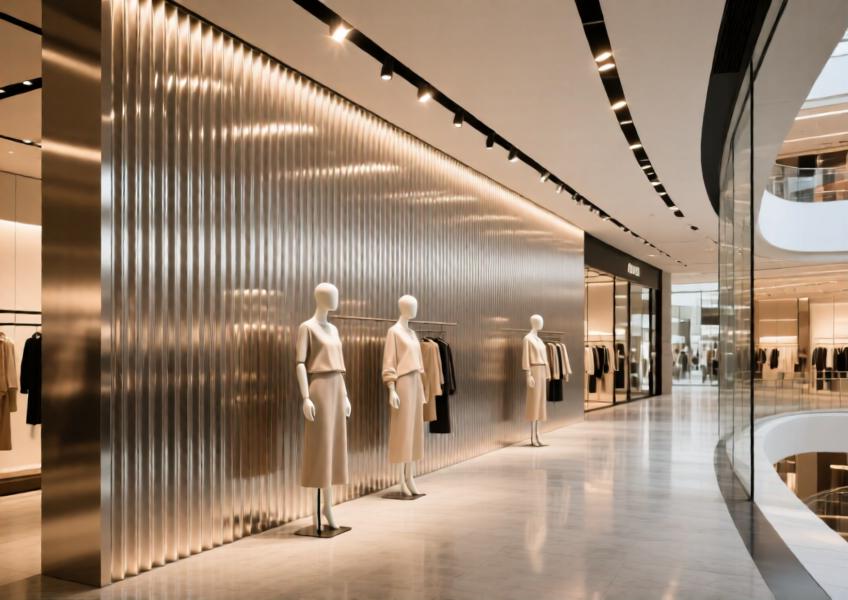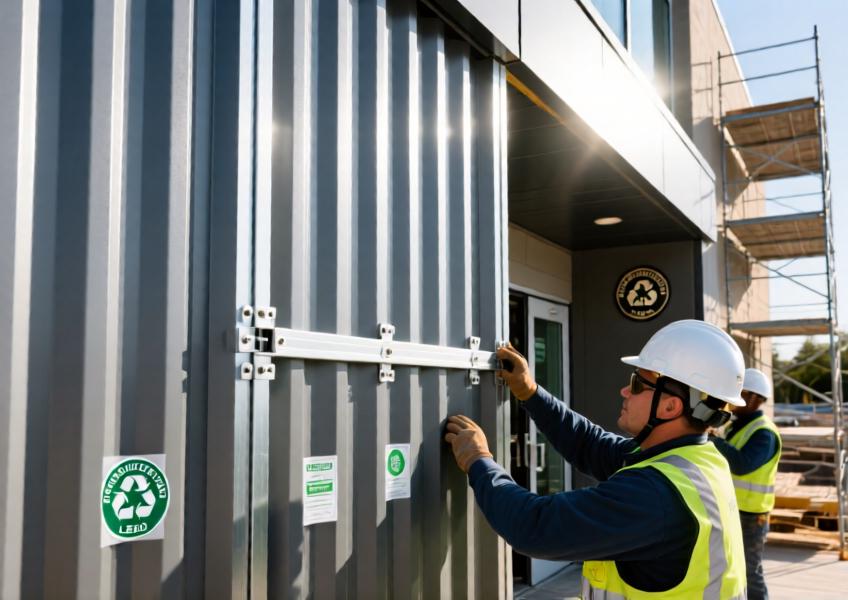

Aluminium fluted panels have emerged as a versatile and visually striking solution in contemporary architectural design, especially within curtain wall systems and commercial interior spaces. Their unique combination of structural resilience and aesthetic flexibility makes them a go-to choice for architects and designers aiming to merge functionality with modern elegance.
In curtain wall applications, aluminium fluted panels offer more than just an eye-catching façade. Their ribbed surface not only enhances rigidity but also contributes to improved wind load resistance and thermal performance. This makes them particularly effective in high-rise buildings where durability and energy efficiency are paramount. For instance, in a recent mixed-use development in Shanghai, the design team utilized custom-painted fluted aluminium panels to create a dynamic façade that subtly changes appearance with the daylight, all while maintaining optimal thermal insulation.

Beyond their structural benefits, aluminium fluted panels bring a tactile dimension to commercial interiors. Their textured surface adds depth and movement to walls, ceilings, and even partition systems. In a luxury retail space in Chengdu, the material was used vertically along feature walls, creating a rhythmic interplay of light and shadow that enhances the spatial experience. The panels were anodized to achieve a soft metallic sheen, complementing the brand’s minimalist aesthetic while ensuring long-term durability.

One of the key advantages of aluminium fluted panel systems lies in their adaptability. Available in a wide range of profiles, finishes, and colors, they can be tailored to suit diverse design intents—from industrial-chic warehouses to high-end hospitality environments. Moreover, their lightweight nature simplifies installation and reduces structural load, making them ideal for retrofitting or expansive installations.

Sustainability is another area where aluminium fluted panels excel. As a fully recyclable material, aluminium aligns with the growing demand for eco-conscious building practices. Many modern projects now specify high-recycled-content aluminium for fluted panel systems, contributing to green building certifications such as LEED or WELL.
From exterior envelopes to interior accents, aluminium fluted panels are redefining how architects approach surface design in the modern built environment. Their ability to balance form, function, and sustainability positions them as a cornerstone material in the evolving narrative of contemporary architecture.